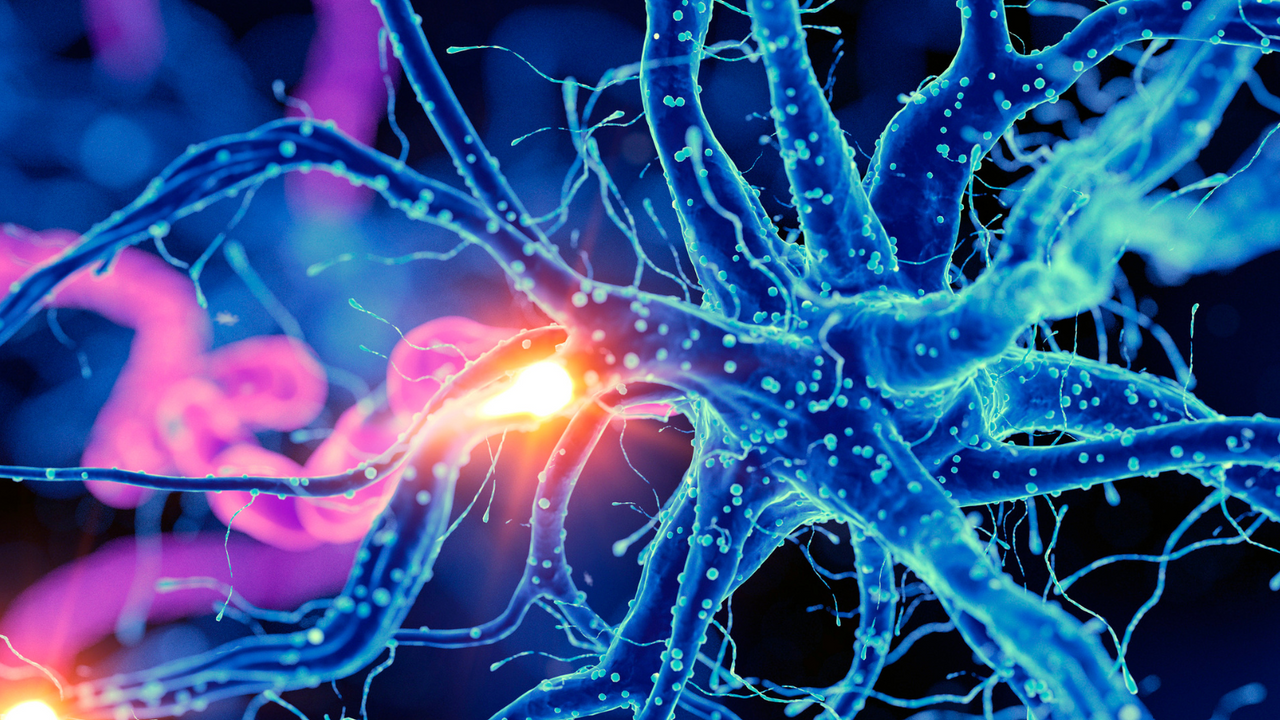Understanding Neurological Disorders: Causes, Symptoms, and Treatments
Neurological disorders refer to a broad range of medical conditions that affect the brain, spinal cord, and nerves. These disorders can have a significant impact on a person's daily life, causing symptoms such as pain, numbness, muscle weakness, and cognitive impairment. In this blog post, we'll take a closer look at some of the most common neurological disorders, their causes, symptoms, and treatments.
- Alzheimer's disease: Alzheimer's disease is a progressive neurological disorder that affects the brain's ability to think, remember, and reason. The disease is caused by the accumulation of abnormal proteins in the brain, which leads to the death of brain cells. Symptoms of Alzheimer's disease include memory loss, confusion, and difficulty completing familiar tasks. There is currently no cure for Alzheimer's disease, but treatments are available to manage symptoms and slow the progression of the disease.
- Parkinson's disease: Parkinson's disease is a neurological disorder that affects movement. The disease occurs when the brain cells that produce dopamine, a neurotransmitter that controls movement, begin to die. Symptoms of Parkinson's disease include tremors, stiffness, and difficulty with balance and coordination. Treatment for Parkinson's disease typically involves medications that increase dopamine levels in the brain, as well as physical therapy to improve mobility.
- Multiple sclerosis: Multiple sclerosis (MS) is a chronic neurological disorder that affects the central nervous system. The disease occurs when the immune system attacks the myelin sheath that surrounds nerve fibers, causing damage to the nerves. Symptoms of MS include fatigue, muscle weakness, and difficulty with balance and coordination. Treatment for MS typically involves medications to reduce inflammation and slow the progression of the disease, as well as physical therapy to improve mobility.
- Epilepsy: Epilepsy is a neurological disorder that causes seizures. Seizures occur when there is a sudden surge of electrical activity in the brain. Epilepsy can be caused by a variety of factors, including genetics, brain injury, and infection. Symptoms of epilepsy can vary depending on the type of seizure, but may include convulsions, loss of consciousness, and confusion. Treatment for epilepsy typically involves medications to prevent seizures, as well as lifestyle changes to reduce triggers.
Neurological disorders can have a significant impact on a person's daily life. Understanding the causes, symptoms, and treatments of these disorders can help individuals and their loved ones manage the condition more effectively. If you or someone you know is experiencing symptoms of a neurological disorder, it's important to seek medical attention as soon as possible. With the right treatment, many individuals with neurological disorders are able to manage their symptoms and maintain a good quality of life.
Truway Health News & Insights
Consistency Over Intensity: How to Make Wellness Stick
Consistency Over Intensity: How to Make Wellness Stick Wellness and self-care goals often start with...
Mobile‑Integrated Behavioral Activation With Wearable Sensor Support and Decentralized Verification: Protocol for a Randomized Behavioral Trial
Abstract Background: Behavioral activation delivered through mobile platforms has shown promise for...
When Your Body Won’t Settle Down Everyday Habits That Calm Inflammation
When Your Body Won’t Settle Down: Everyday Habits That Calm Inflammation Inflammation is a normal bi...
Truway Health Launches Innovative In-Vitro Cryo-Therapeutic Clinical Study
Advancing Cellular Preservation, Precision Therapy, and Translational Science Truway Health, Inc. is...
Everyday Stress, Handled: Practical Ways to Feel More Steady Day to Day
Everyday Stress, Handled: Practical Ways to Feel More Steady Day to Day Everyday stress is the mind-...
Creating Your Personalized Health Roadmap: Break Bad Habits and Build Long-Term Well-Being
Creating Your Personalized Health Roadmap: Break Bad Habits and Build Long-Term Well-Being Improving...







